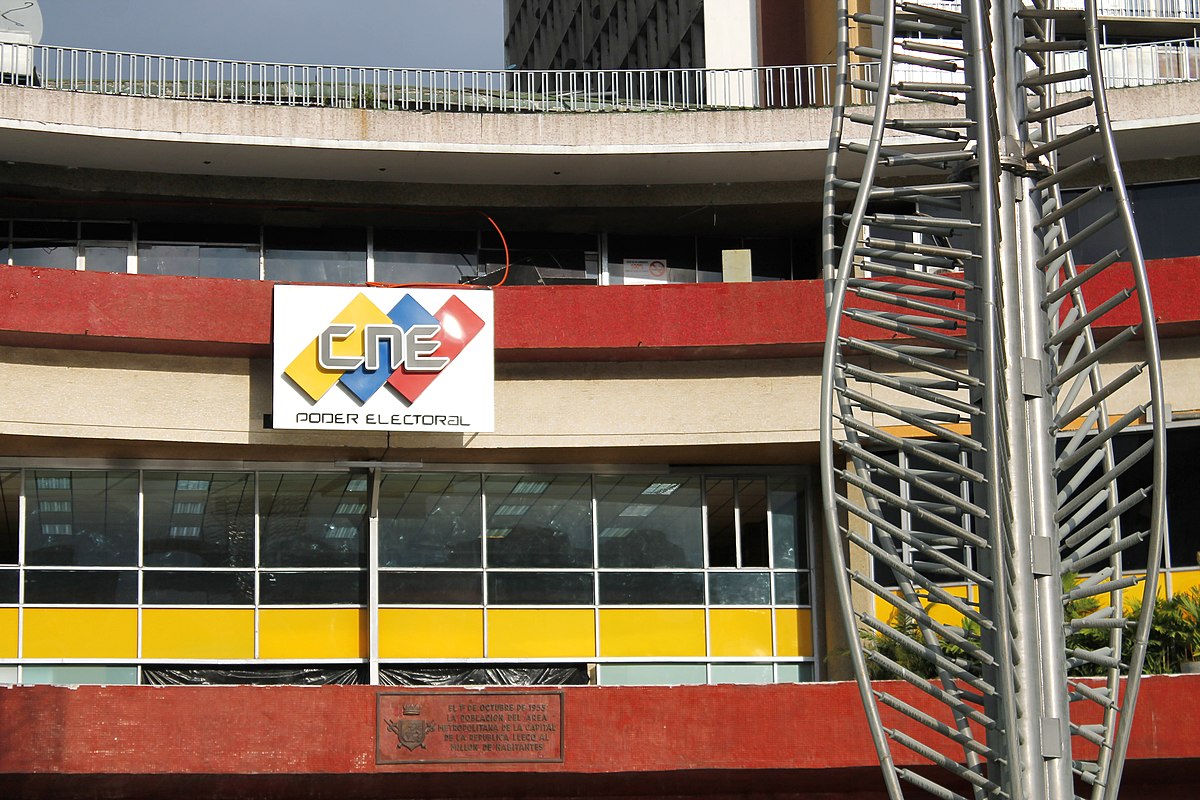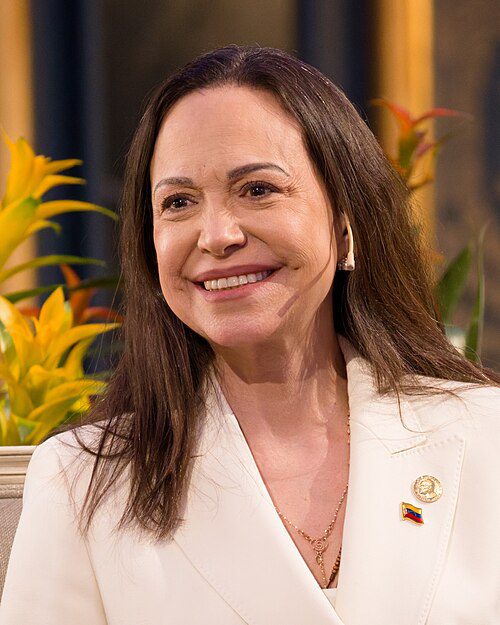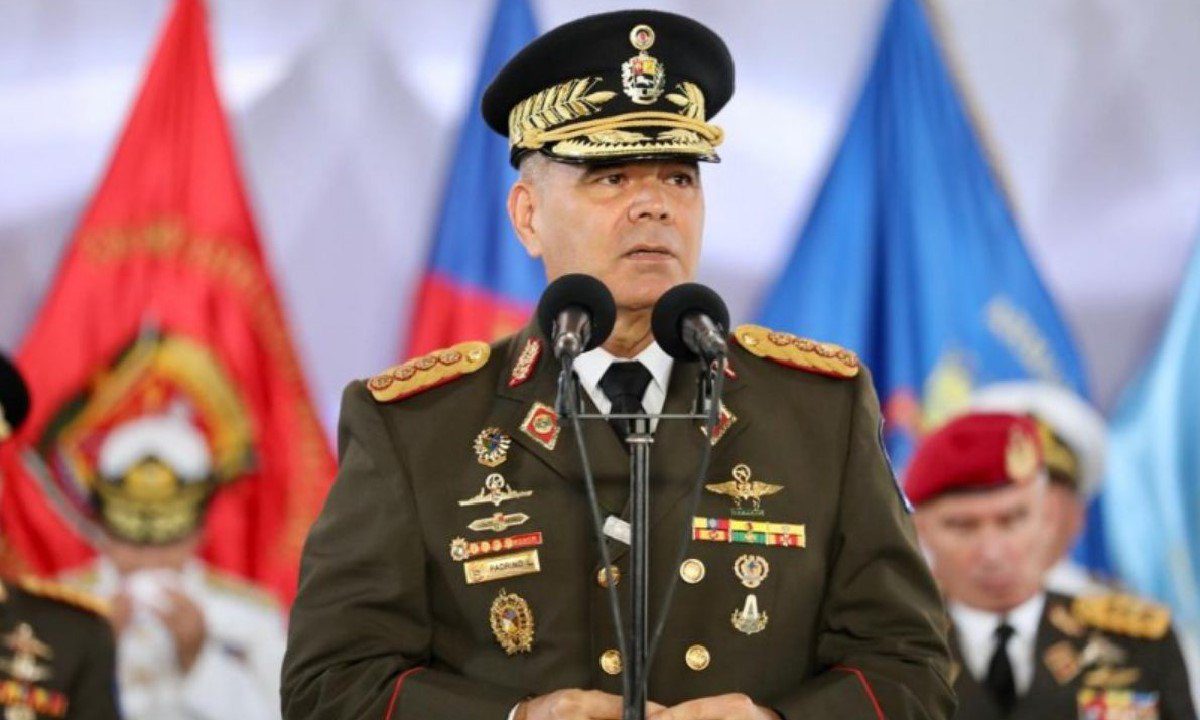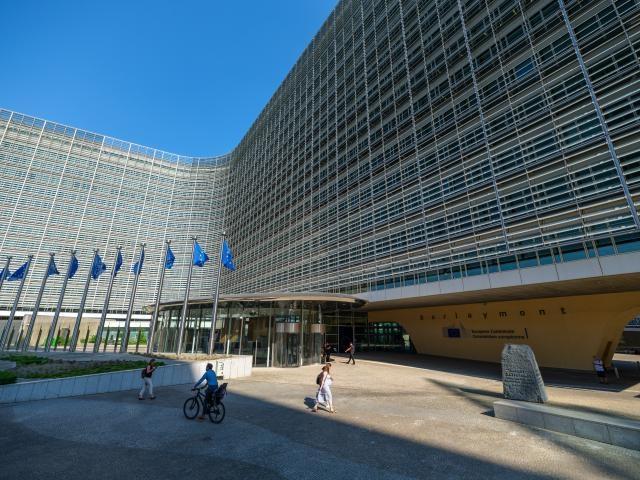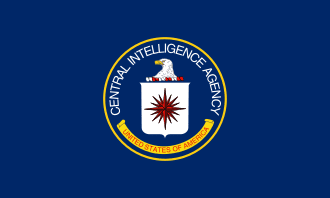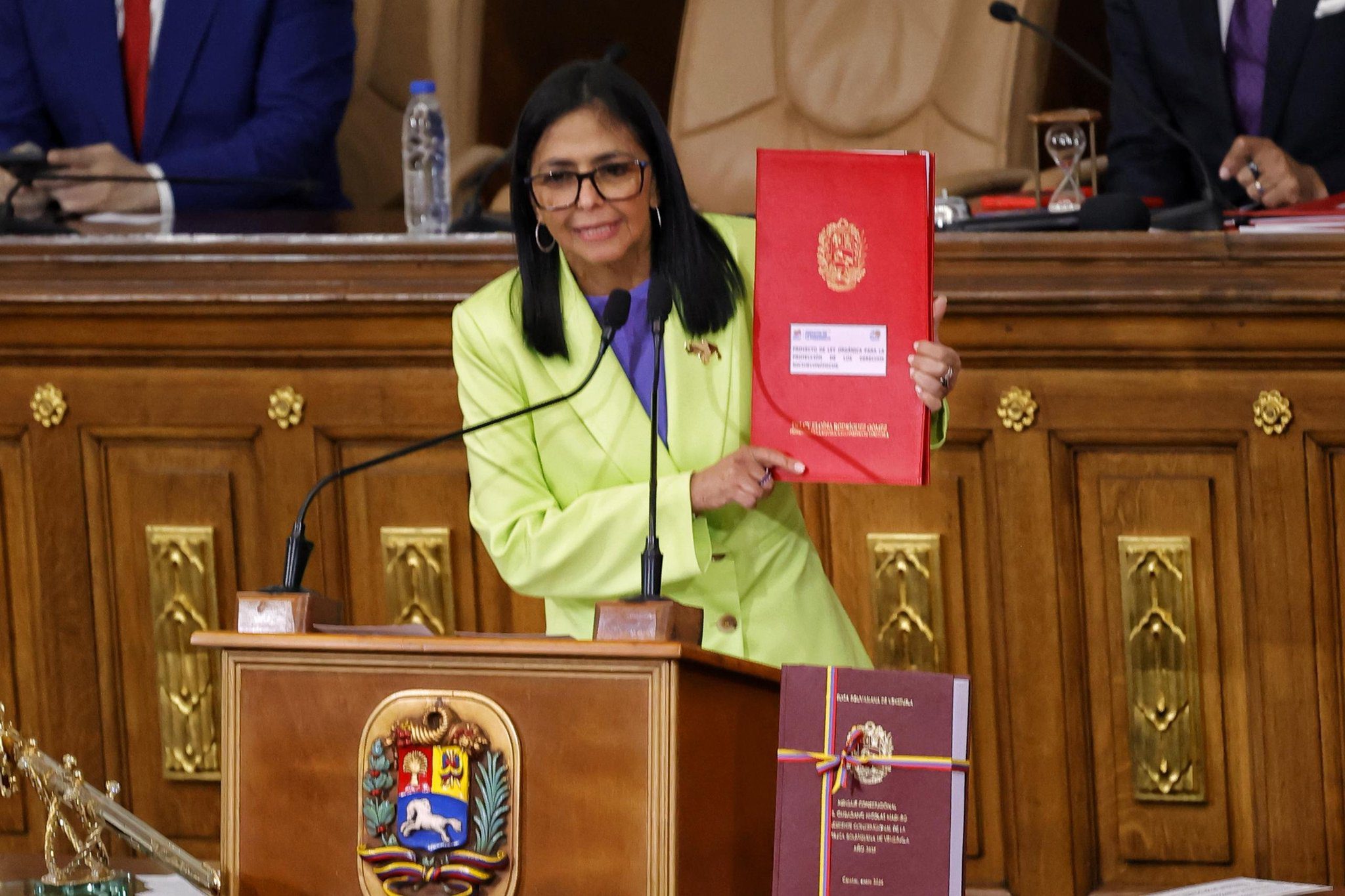The 2025 municipal elections will not only determine control over local governments, but will also test the relevance and survival capacity of leaders who present themselves as an alternative for change through direct contact with communities. Photo: Archive
Guacamaya, June 23, 2025. Just over a month before the municipal elections on July 27, the fragmentation of opposition sectors is once again evident. Although some alliances have been reached in emblematic municipalities, division in other localities, combined with the trend toward abstention, puts the continuity of several historic opposition strongholds at risk.
In the 2021 municipal elections, the various opposition electoral options won a total of 123 out of the 335 mayoralties at stake. However, after arrests, disqualifications, and political realignments, it has become more difficult to register solid candidacies to retain and aspire to new local governments as alternatives to chavismo.
After the close of nominations, notable candidacies have emerged that challenge both the ruling party and the Democratic Unity Platform (PUD), which rejects the call. It is worth noting that these municipal elections are taking place in a context of marked distrust following the disputed results of the 2024 presidential election and the irregularities reported in the 2025 regional and legislative elections.
The Opposition Map in Caracas
Some of the main confirmed opposition candidacies that have attracted the most attention on the national political scene are, of course, related to the municipalities of the Caracas Metropolitan Area. In Libertador municipality, Jorge Barragán (from Alianza del Lápiz) is reportedly backed by UNT, Unión y Cambio, Avanzada Progresista, Cambiemos, El Cambio, Unidad and Visión Venezuela. Miguel Rivas would be Fuerza Vecinal’s candidate.
Although Lápiz was the most-voted opposition ticket in 2021, the PSUV is expected to win again by a wide margin; they have governed Libertador uninterruptedly since 2000. The results of the May 25 legislative elections in the Capital District are still unknown, with no public information from the CNE, in which Barragán ran as a list candidate for deputy, without being elected.
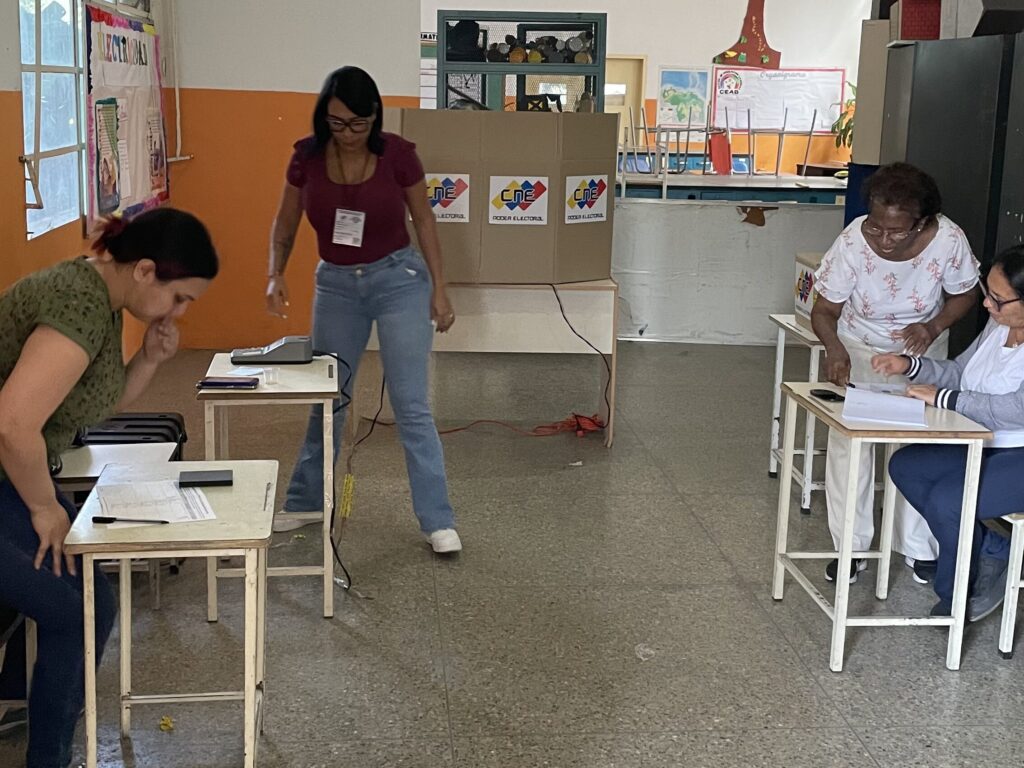
The municipal elections are taking place in a climate of distrust, following the disputed results of the last presidential elections and the reported irregularities in the most recent regional and legislative elections. Photo: Elías Ferrer
In Chacao municipality, Gustavo Duque (Fuerza Vecinal) registered his candidacy for re-election, under the slogan “the house is not surrendered,” as a call for active participation to defend the municipality.
Meanwhile, although not confirmed, Diosdado Cabello, first vice president of the PSUV, accused Leopoldo López of attempting to nominate Emilio Graterón—mayor from 2008 to 2013—on the Lápiz ticket. Graterón succeeded López after the latter was disqualified in 2007.
In Baruta, current mayor and Fuerza Vecinal leader Darwin González is seeking continuity in this key municipality in eastern Caracas. González, formerly of Primero Justicia and now a Fuerza Vecinal leader, remains the favorite.
According to unofficial sources, councilman Luis Aguilar, from the traditional leadership of Primero Justicia, also aspired to the Baruta mayoralty. However, he was reportedly disqualified for three days and allegedly pressured with threats of criminal consequences to force his support for González.
The disqualification of Elías Sayegh, current mayor of El Hatillo, opened up the race in this locality. Leonardo Canache, current general director of the Mayor’s Office, will be the candidate in his place. Alfredo Catalán, who was mayor from 2000 to 2008, will run with the Unión Nacional Electoral (UNE) ticket, while Carlyana Arriechi will represent the parties that make up the Democratic Alliance.
In Sucre municipality, Vicente Vásquez was registered by Fuerza Vecinal. This locality has alternated between chavismo and the opposition on various occasions. The last elected mayor was José Vicente Rangel Ávalos (PSUV), but he stepped down last February. Diógenes Lara, appointed as interim mayor and a low-profile figure, will represent the ruling party.
The Scenario in Miranda Subregions
In the Altos Mirandinos, mayor José “Chonchon” Morales will seek re-election, backed by the UNT and Única tickets, and will face José Luis Rodríguez, a six-time former mayor of that locality, nominated by Fuerza Vecinal. In Los Salias, after the disqualification of Josy Fernández, Edgar Laya (president of the local legislature) was nominated, although another registration by Lápiz was also reported.
In Zamora municipality, which includes the city of Guatire, Miranda state, Raziel Rodríguez will be Fuerza Vecinal’s candidate, seeking to consolidate his leadership in an area that has been a chavista stronghold in recent years. So far, no other confirmed opposition candidates have been reported for this municipality, according to available sources.
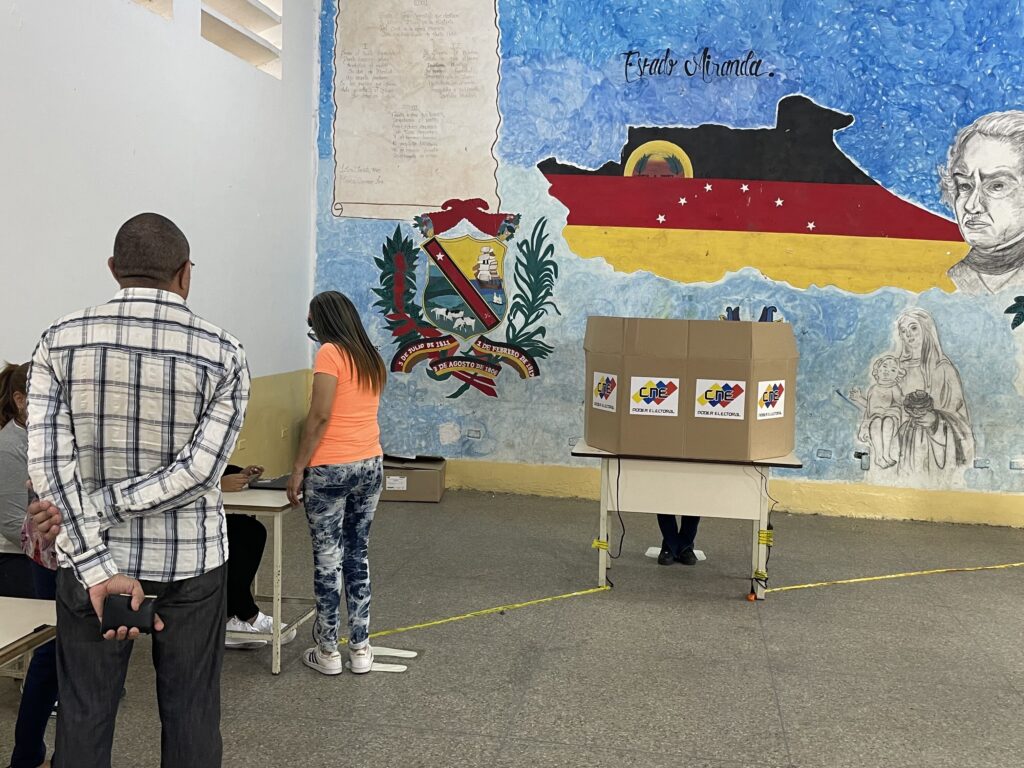
The localities of Miranda state have historically been areas of marked dispute between the ruling party and the opposition, and subregions such as the Altos Mirandinos and the Guarenas-Guatire axis comprise key municipalities. Photo: Elías Ferrer.
Profiles and Alliances in Key Regions
In Lara, former governor, former presidential candidate, and Unión y Cambio leader Henri Falcón announced his intention to run for the Iribarren (Barquisimeto) mayoralty, despite having been elected as a deputy in May. Meanwhile, Monche Arrieche will represent the Democratic Alliance, made up of judicially intervened opposition parties and other independent political movements.
In Zulia, interim mayor of Maracaibo, Adrián Romero Martínez—who took office after Rafael Ramírez’s arrest—would seek continuity. There were also rumors that Manuel Rosales would be the candidate, after his defeat in his bid for re-election as governor, but Rosales himself has expressed his support for all candidates seeking re-election in the state.
In Anzoátegui, Manuel Ferreira is seeking re-election in Diego Bautista Urbaneja (Lechería) municipality, backed by Fuerza Vecinal, leveraging his administration and sectors seeking to maintain this opposition stronghold. At the same time, Victor Hugo Figueredo, linked to Encuentro Ciudadano (which does not have a CNE ticket) and who was mayor from 2008 to 2013, will be supported by Derecha Democrática Popular.
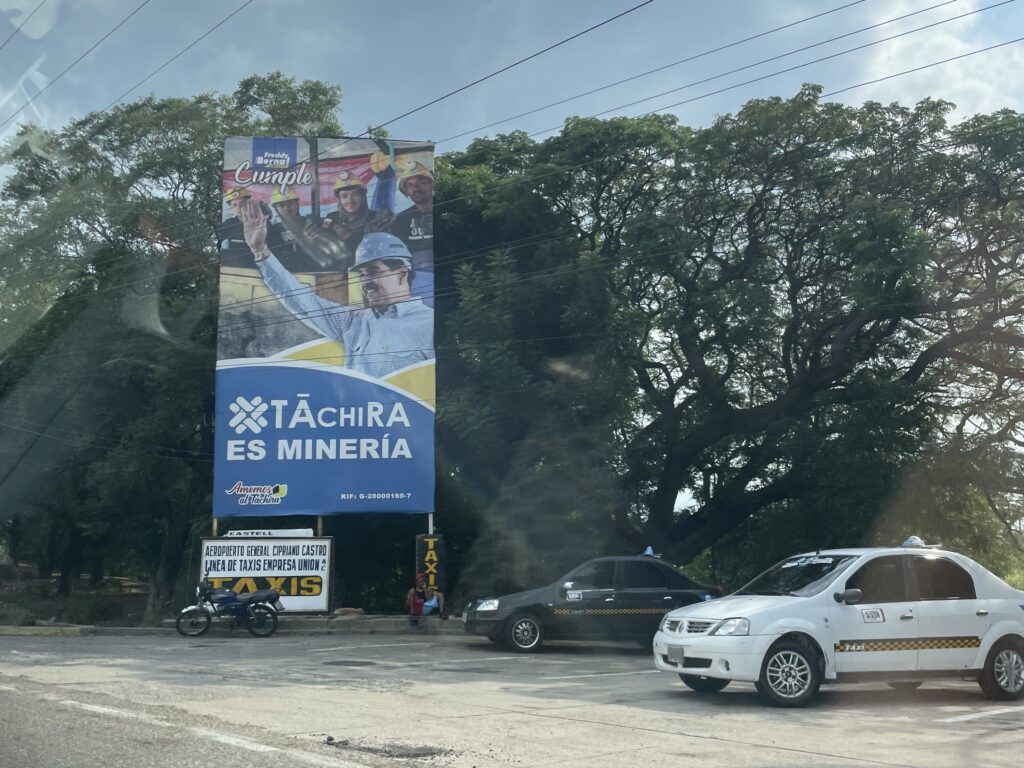
In Táchira state, only 13 out of 29 mayoralties are administered by the ruling party, but chavista leaders have stated that they will go after all opposition strongholds in the country. Photo: Elías Ferrer
In Táchira, the “Todos Unidos por el Táchira” alliance was created to try to preserve opposition mayoralties and win others held by the ruling party. This coalition brings together several parties with various stances not aligned with chavismo, such as those belonging to the Democratic Alliance, the UNT-Única duo, and the Fuerza Vecinal and Alianza del Lápiz parties, as well as other independent organizations.
The aforementioned alliance reached total or partial agreements in all 29 municipalities of the Andean state. In the San Cristóbal mayoralty, the state capital, under the jurisdiction of the ruling party, the coalition nominated Gustavo Rangel (Fuerza Vecinal), who has served as a councilman and National Assembly deputy. However, the judicially intervened Copei ticket nominated Azael Chacón, also a sitting deputy.
The Struggle for Local Relevance
On the one hand, the opposition candidacies for July 27 reflect the persistence of the electoral route by multiple actors, despite the rejection of the call by the PUD and Edmundo González’s reaffirmation not to endorse any electoral process until the will expressed in the presidential elections is fulfilled. However, dispersion and lack of consensus persist.
The fragmentation of the opposition sector, along with disqualifications and the usual political maneuvers in elections, presents a complex scenario where the struggle is not only against the ruling party but also for the survival and relevance of local and regional leaderships. It remains to be seen whether citizen mobilization will be able to overcome the obstacles and consolidate alternatives at the local level.

